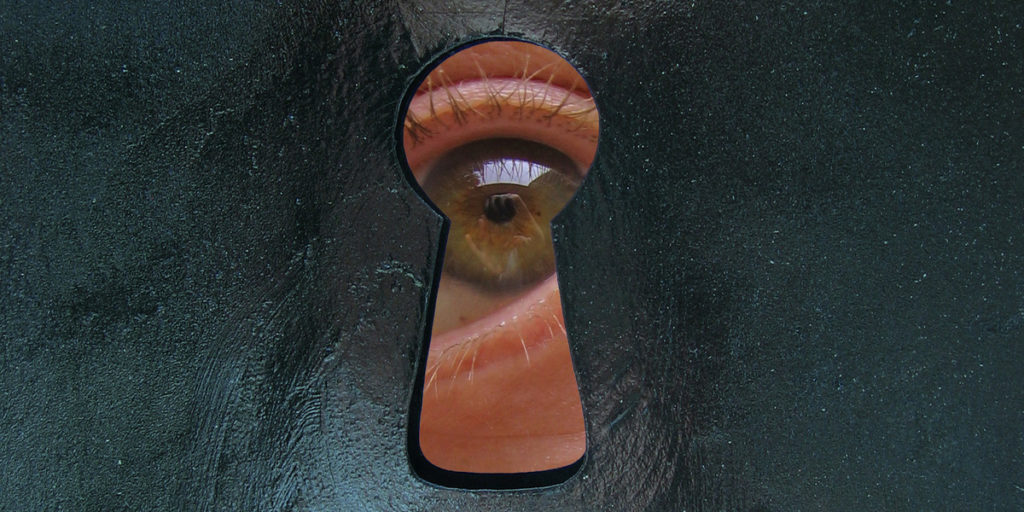The growth factor ‘BDNF’ usually sends a “Survive!” signal to brain cells. In Huntington’s Disease (HD), this system doesn’t work as it should, so scientists have been looking for ways to boost the signal. Enter one of nature’s most useful tools: the antibody. Usually antibodies play an important role in the immune system, but researchers have identified two antibodies, produced by the company Pfizer, that can act like a set of spare keys to activate the TrkB receptor. This unlocks the door to determining whether a boost in TrkB activity is enough to prevent neurons from dying, in hopes of slowing the progression of HD.
Tipping the Survival Scale
Regular HDBuzz readers will be familiar with the brain molecule ‘BDNF’, which we’ve described in past articles as a kind of ‘Miracle-Gro’ for the brain. This neurotrophic factor acts like a key, fitting into specific lock molecules found on the surface of brain cells. When BDNF fits into one type of lock (a receptor called TrkB, pronounced “track-bee”), it acts as a sort of ‘protein life-coach’, causing a cascade of events that signal cells to survive or grow. Of course, things are a bit more complicated than that: BDNF can also fit into a different ‘key-hole’, which sends out a “you can now die” signal instead. In HD, one thing is for certain—the balance between these signals is off. Research by Surmeier and his team suggests that this is due to an extra “you can now die” dose of BDNF, in mice at least. There are also fewer TrkB receptors around in HD. So, researchers have been working on boosting the “Survive!” signal, and there is a plethora of evidence suggesting that more BDNF seems to be better for neurons in HD.
So, can’t we just give HD patients more BDNF?
Unfortunately, it’s not quite that simple. Like many drugs, when taken orally, not a lot of BDNF makes its way to the patient’s brain. Perhaps more importantly, since BDNF is a key that binds to more than one key-hole or receptor, we need to be careful about which signals are activated. To get around these limitations, researchers have been looking for other drugs that can act as a set of spare keys to unlock the TrkB receptor activity alone.
In a study published last year, Todd and colleagues took on the task of evaluating a number of contender drugs that have been recently reported in the literature, including the compounds ‘7,8-DHF’ and ‘LM22A-4’. In contrast to previous reports, the tested compounds did not activate the TrkB receptor or protect neurons against the harmful HD protein. However, two antibodies produced by Pfizer (captivatingly named ‘38B8’ and ‘29D7’), showed promise.
Repurposing nature’s tools
Antibodies are specialized proteins produced by the immune system to recognize unique features of a foreign target, such as a bacterium or virus. Our bodies naturally produce these molecules to seek out invaders and shut them down before they make us sick. Researchers across many fields have been repurposing these proteins for years—antibodies that recognize your favorite molecule make very useful tools! They have now generated antibodies that bind the TrkB receptor.
Todd and colleagues confirmed that the Pfizer antibodies ‘38B8’ and ‘29D7’ specifically bound to the TrkB receptor alone—a perfect lock-and-key fit. Once bound, these antibodies acted very much like BDNF, although the response evoked by 38B8 and 29D7 was slightly lower than that of BDNF. When tested in rat striatal neurons carrying the HD mutation, which had been grown in a dish, 38B8 and 29D7 reduced cell death. This is good news, as striatal neurons are the ones that are most affected in HD.
The next step these researchers are taking is to test whether 38B8 and 29D7 will actually work in an animal model of HD. But first they have the challenge of figuring out the best way to deliver the antibodies to the striatum.
So while these antibodies are still a long way from having direct therapeutic value in HD, this study has begun to unlock the potential of boosting TrkB signaling. It can also help answer questions about whether boosting the “Survive!” signal alone will be enough to prevent striatal neurons from dying in HD.
This study was also a good evaluation of other small TrkB-activating molecules. Research has been (sometimes frustratingly) described as 99% ‘re’ and 1% ‘search’: findings must be repeated and replicated to be trusted. Though not all of the drug candidates could be confirmed to work, the success seen with the antibodies provides a good basis for the future development of other small molecules that specifically and solely activate TrkB, and hopefully spare striatal neurons from the harmful effects of HD.







